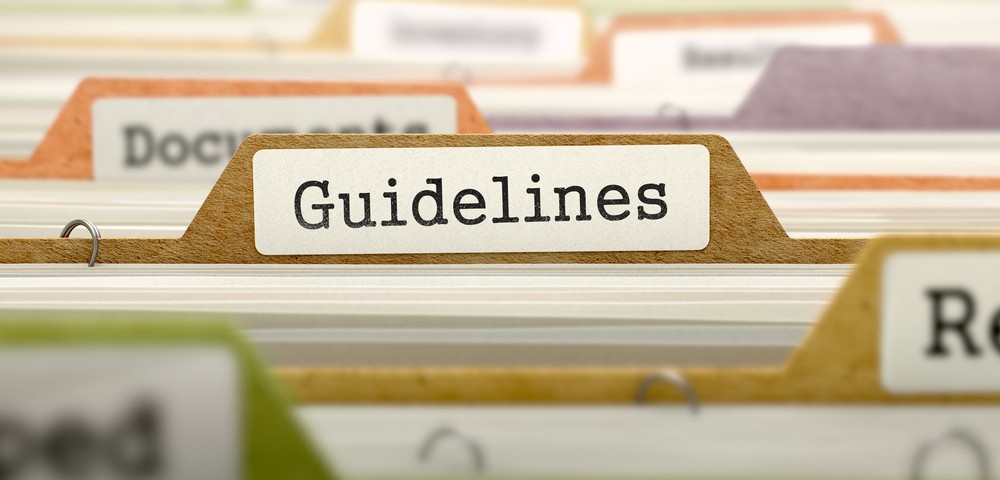This year, an estimated 72,580 people in the U.S. are expected to be diagnosed with non-Hodgkin lymphomas (NHL), making it the sixth most common cancer in both men and women, according to the American Cancer Society. NHLs include more than 30 sub-types, with different treatment choices and challenges.
Lymphomas are cancers that affect the lymphatic system, the functions of which are removal of excess fluids from body tissues, and immune cell production. Lymphocytes are a type of white blood cell that fights infections, but abnormal lymphocytes become cancerous lymphoma cells that multiply and collect in lymph nodes and other tissues, and over time impair the immune system.
 To help people with non-Hodgkin lymphomas know more about their disease so as to make better-informed treatment decisions, the National Comprehensive Cancer Network (NCCN) , a not-for-profit alliance of 27 of the world’s leading cancer centers, is working to improve the quality, efficiency, and effectiveness of care for patients with cancer. Through the support of the NCCN Foundation, the network has published “NCCN Guidelines for Patients,” and the “NCCN Quick Guide” series for NHL patients, specifically for those with diffuse large B-Cell, follicular, mantle cell, and peripheral T-Cell lymphoma. The “NCCN Guidelines for Patients: Diffuse Large B-Cell Lymphoma and Follicular Lymphoma” have been made possible, in part, through sponsorship from The Leukemia & Lymphoma Society.
To help people with non-Hodgkin lymphomas know more about their disease so as to make better-informed treatment decisions, the National Comprehensive Cancer Network (NCCN) , a not-for-profit alliance of 27 of the world’s leading cancer centers, is working to improve the quality, efficiency, and effectiveness of care for patients with cancer. Through the support of the NCCN Foundation, the network has published “NCCN Guidelines for Patients,” and the “NCCN Quick Guide” series for NHL patients, specifically for those with diffuse large B-Cell, follicular, mantle cell, and peripheral T-Cell lymphoma. The “NCCN Guidelines for Patients: Diffuse Large B-Cell Lymphoma and Follicular Lymphoma” have been made possible, in part, through sponsorship from The Leukemia & Lymphoma Society.
The patient reference booklets are part of a larger series of education materials non on-Hodgkin Lymphomas published by the organization, also including a resource on Chronic Lymphocytic Leukemia, which was published earlier this year, and NCCN Guidelines for Patients for Mycosis Fungoides, which is expected to go to press soon. These resources are/will be available for download free of charge at NCCN.org/patients, and print versions may be ordered through Amazon.com.
 “The goal of the NCCN Foundation is to deliver true insight to people living with the challenges and complexities of a cancer diagnosis so they can take an active role in their care and the care of their loved ones,” says Marcie R. Reeder, MPH, executive director of the NCCN Foundation. “We are proud to collaborate with The Leukemia & Lymphoma Society to make these resources available for people with Non-Hodgkin’s lymphomas.”
“The goal of the NCCN Foundation is to deliver true insight to people living with the challenges and complexities of a cancer diagnosis so they can take an active role in their care and the care of their loved ones,” says Marcie R. Reeder, MPH, executive director of the NCCN Foundation. “We are proud to collaborate with The Leukemia & Lymphoma Society to make these resources available for people with Non-Hodgkin’s lymphomas.”
Over the past 20 years, NCCN has developed an integrated suite of tools to improve quality of cancer care. The NCCN Clinical Practice Guidelines in Oncology (NCCN Guidelines) are a comprehensive set of guidelines detailing the sequential management decisions and interventions that currently apply to 97 percent of cancers affecting people in the United States, documenting evidence-based, consensus-driven management to ensure that all receive the preventive and diagnostic care they need, and the treatment and support services most likely to lead to optimal outcomes.
Other guidelines provide recommendations for some key cancer prevention and screening topics, as well as supportive care considerations. The NCCN Guidelines provide recommendations based on the best evidence available at the time they are derived, and because new data are published continuously, the guidelines are continuously updated and revised to reflect information that may add to or alter current clinical practice standards.
NCCN Guidelines for Patients, translations of the Clinical Practice Guidelines in Oncology, are designed to provide people with cancer and their caregivers with state-of-the-art treatment information in easy-to-understand language. Developed by multidisciplinary, volunteer panels of experts from the NCCN member institutions, the guidelines feature algorithms that address appropriate management options, from initial work-ups through to the course of the disease.
NCCN Guidelines for Patients and the NCCN Quick Guide series are abbreviated references outlining key points of the NCCN Guidelines for Patients, and written using to plain language to improve health literacy, with clean graphic design and formatting. They feature patient-friendly elements, such as medical illustrations of anatomy, tests, and treatments, and also include an expansive glossary of relevant terms and acronyms. The NCCN emphasizes that its Guidelines for Patients and the NCCN Quick Guide series resources are not intended to replace the expertise and clinical judgment of a physician.
NCCN currently offers NCCN Guidelines for Patients for the following diseases: breast, colon, esophageal, kidney, non-small cell lung, ovarian, pancreatic, and prostate cancers; Acute Lymphoblastic Leukemia (ALL); Caring for Adolescents and Young Adults (AYA); Chronic Myelogenous Leukemia (CML); Hodgkin Lymphoma; Lung Cancer Screening; Malignant Pleural Mesothelioma; Melanoma; Multiple Myeloma; NHL; and Soft Tissue Sarcoma.
To download for free or to order the NCCN Guidelines for Patients and NCCN Quick Guide series for NHL, visit www.nccn.org/patients/
For more information, visit: (clinicians) http://NCCN.org and (patients and caregivers), http://NCCN.org/patient
The following NHL-related files are available for download:
PDF: http://mb.cision.com/Main/6277/9966936/508153.pdf
Patient-Guidelines-NHL-Series: http://news.cision.com/national-comprehensive-cancer-network/i/patient-guidelines-nhl-series,c1888656
Sources:
National Comprehensive Cancer Network (NCCN)
NCCN Foundation
American Cancer Society
The Leukemia & Lymphoma Society


